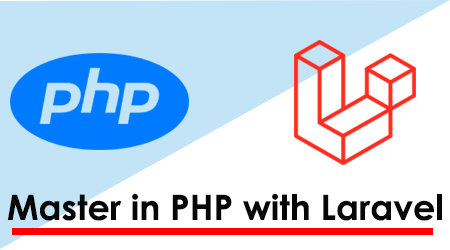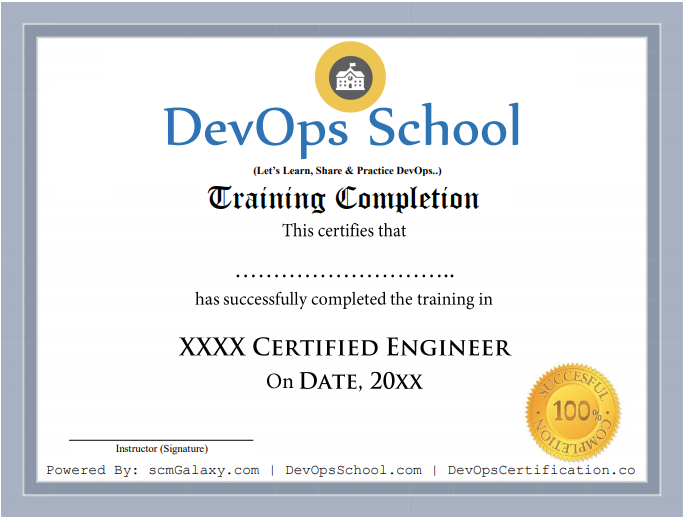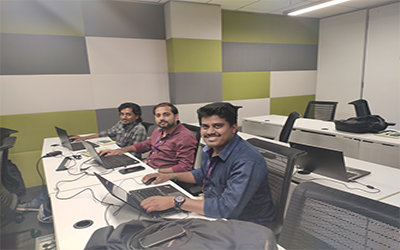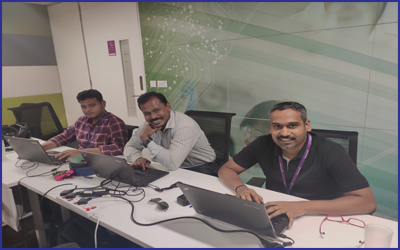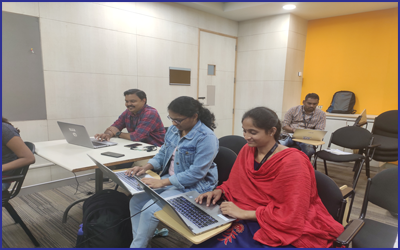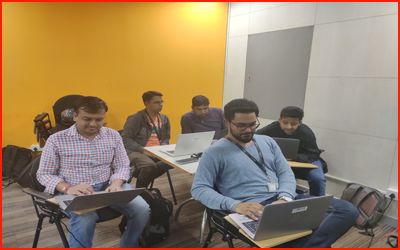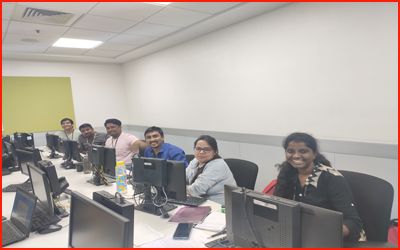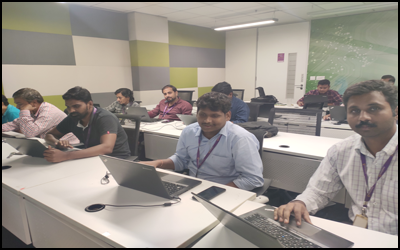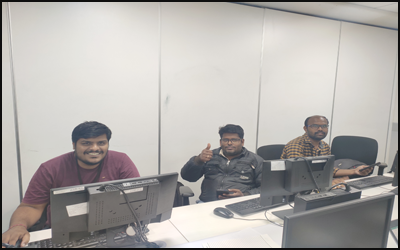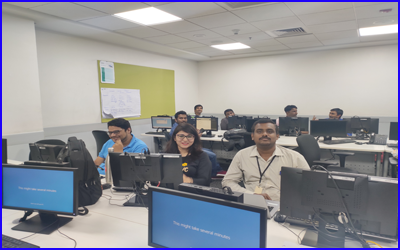8000+
Certified Learners
15+
Years Avg. faculty experience
40+
Happy Clients
4.5/5.0
Average class rating
ABOUT MASTER IN PHP WITH LARAVEL TRAINING AND CERTIFICATION
PHP is a great beginner programming language for anyone who is wanting to cross over into the coding world. Though easy to learn, it is an extremely robust language and can be used to create large scale websites. You might not be aware that some of the most popular websites are built with PHP. These include Yahoo, Tumblr, Wikipedia, and Facebook.
In this course, we are going to start with the basics and work our way to creating a fully interactive website utilizing the PHP language. Some of the major topics that we will cover include PHP syntax, built-in functions, persisting data across web pages and connecting to a database. I hope you'll on this journey to learn PHP with the PHP Fundamentals course at DevOpsSchool.com. In addition you can also learn Laravel course.
